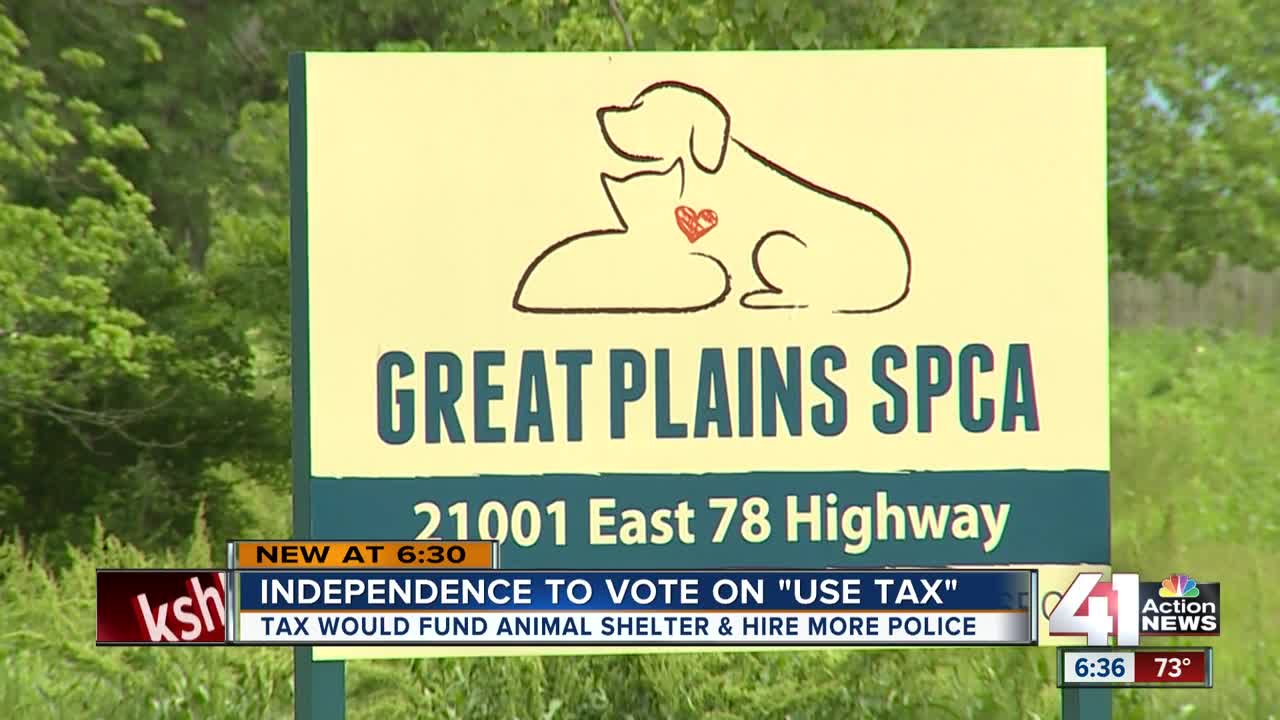INDEPENDENCE, Mo. — It's been three days since city leaders in Independence voted to place a use tax on the August ballot.
Proposition P, if approved by voters, would provide funding for the Jackson County Regional Animal Shelter and to hire additional police officers.
Great Plains SPCA announced plans in January to cease operations and management at the animal shelter, which left the city in a rush to find a way to keep the shelter afloat.
Allie Zaroor, who attended Monday night's Independence City Council meeting where the measure was approved to go on the ballot, said city leaders haven't provided citizens with enough information for her to make a decision.
"I think this is where the city really lacks to provide us with a good amount of information," Zaroor said. "That's what we're lacking here, and that's why you're getting the city in an uproar and 100 people go to the city council meetings right now."
The city council voted 6-1 to place Proposition P on the ballot.
Council member Karen DeLuccie was the only one who voted against the measure.
"The people don't know the terms of the ballot language," DeLuccie said during the meeting. "The ballot language doesn't explain the nuances, as they never do."
DeLuccie also said city leaders never explored other options for funding the animal shelter.
"We didn't put an RFP (request for proposals) out; we did not seek a cheaper shelter," DeLuccie said. "I do want to find a way to run an animal shelter that we can afford. We cannot afford the shelter our citizens, 18 months ago, voted no on a use tax to."
Grant Watkins Davis also attended the meeting.
"It might be a good short-term plan, but it's not after the first year or two," he said. "It's not well thought out."
According to the ordinance, 50 percent of funds generated from the use tax — essentially the same thing as a sales tax that targets primarily online sales, levying the tax based on where the product is used rather than where it’s sold — would go toward the animal shelter, up to $750,000 is reached on an annual basis.
The other 50 percent would go toward hiring 30 police officers.
Any additional tax dollars generated would be placed in the city's other tax funds, but citizens want to know more about how the city plans to fund the shelter and the salaries of the additional police officers in the long run.
"To be a good public servant, you have to look at the long-term," Watkins Davis said. "Whether it's right or wrong, they've (citizens) have lost their faith in the local government to manage the money we have and I think it's irresponsible to ask for more money when you've lost that trust. You have to build it back up."




